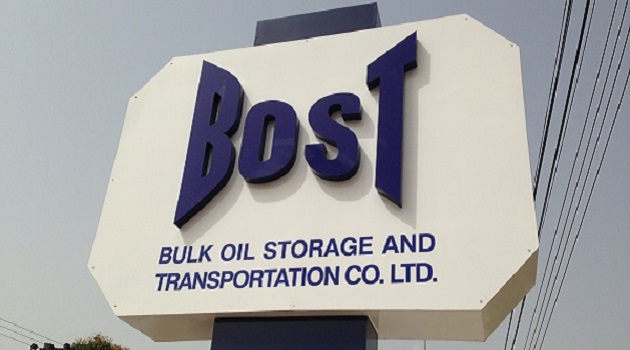How businesses use transfer prices to rob countries of its revenue

Over the years, it has been reported that some companies operating on the African continent, including multinationals, have engaged in Illicit Financial Flows (IFFs).
Illicit Financial Flows refer to the illegal movement of funds or assets across borders, often with the intention of evading taxes, laundering money, or concealing corrupt activities.
Any act that allows individuals or groups to unlawfully acquire financial assets, whether money, securities, or other property, is considered a financial crime.
IFFs have far-reaching negative consequences on economies, including reduced government revenue, heightened inequality, and hindered development.
This GhanaWeb Business article focuses on one key mechanism through which IFFs occur; transfer pricing.
According to Investopedia, transfer pricing is an accounting practice used to determine the price one division of a company charges another division for goods or services.
This internal pricing is typically aligned with the market rate for those goods or services.
How does this occur?
• Over-Invoicing: Companies overstate the value of goods or services sold between subsidiaries, often in low-tax jurisdictions, in order to reduce their taxable income in the high-tax country of origin.
• Under-Invoicing: This occurs when companies deliberately understate the prices of goods or services sold to related entities in high-tax jurisdictions, thereby minimizing their tax obligations.
Research shows that some multinational mining companies operating in Ghana have been under-declaring profits and inflating costs.
This practice makes it difficult for the government to collect the rightful amount of tax revenue, posing a major obstacle to domestic revenue mobilization.
Addressing the problem
To effectively combat transfer pricing abuse and Illicit Financial Flows, the following measures are essential:
• Transparency and Oversight: Tax and revenue authorities must be empowered to monitor and audit cross-border financial transactions thoroughly.
• Beneficial Ownership Disclosure: There should be systems in place to identify the true owners of companies, along with requirements for companies to publish profit and loss statements.
In Ghana, the Ghana Revenue Authority (GRA) has established a dedicated Transfer Pricing Unit to regulate and enforce transfer pricing rules.
Moreover, the Government of Ghana has signed onto international frameworks such as the OECD’s Base Erosion and Profit Shifting (BEPS) initiative, aimed at promoting global cooperation to prevent tax base erosion and profit shifting by multinationals.
Addressing IFFs and transfer pricing manipulation is crucial for safeguarding national revenues and fostering sustainable economic growth.





